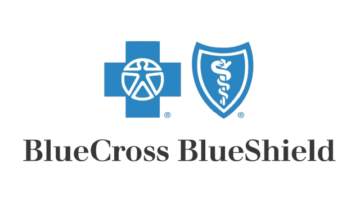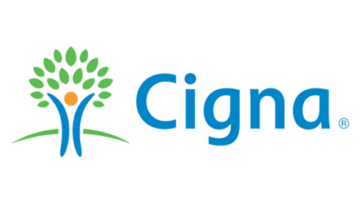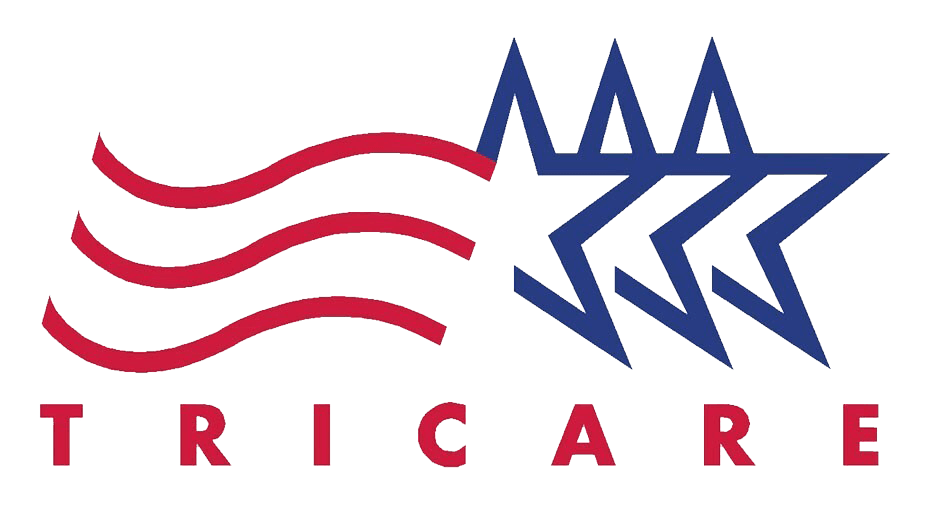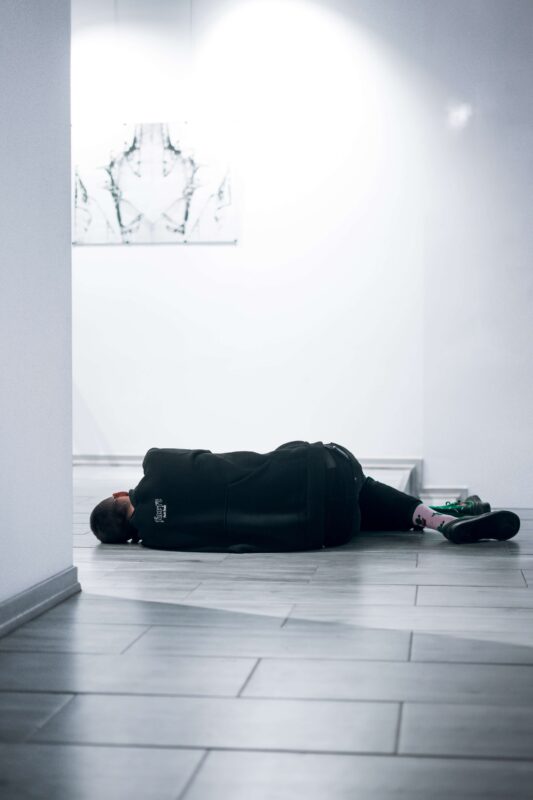No matter if you or a loved one are battling mental illness such as anxiety, there is help out there. Mental health is the most important factor in a person’s life. How we see ourselves and the world around us can play a huge role in our daily lives. Finding Austin’s premier anxiety Inpatient Treatment Center for support and recovery may be the best decision of your life. A mental illness is a condition that affects a person’s thinking, feeling, behavior or mood. These conditions deeply impact day-to-day living and may also affect the ability to relate to others.
Struggling with anxiety is not easy, and you or a loved one struggling are not alone. More common than we think, mental health disorders like anxiety worsen with time when unaddressed. Did you know that 1 in 5 U.S. adults experience mental illness each year? Or that 1 in 25 U.S. adults experience serious mental illness each year? How about 1 in 6 U.S. youth aged 6-17 experience a mental health disorder each year. Or lastly that 50% of all lifetime mental illness begins by age 14, and 75% by age 24. The statistics are only growing with a recent crippling pandemic easing its devastating grips on humanity. Which is why taking the necessary steps to controlling your anxiety is more important than ever.
How Does A Concerning Anxiety Disorder Start?
The need for Austin’s premier anxiety Inpatient Treatment Center is not because of one disorder, not anxiety the result of one event. Research suggests multiple, linking causes and factors that can lead to an individual having a mental illness such as anxiety. Genetics, environment, and lifestyle can all have the potential to influence whether someone develops a mental health condition like chronic anxiety. A stressful job or home life makes some people more susceptible, just as traumatic life events can as well. Biochemical processes and circuits and basic brain structure may play a role, too.
Understand though, that anxiety is a natural body response to stress. It’s a feeling of fear about what’s to come, and in instances is part of survival. Think- walking into a bear den, anxiety may help you change that decision and save your life! Less extreme examples are going to the first day of school, asking someone on a date, going to a new job, or giving a speech. However, if feelings of anxiety are extreme and start applying to daily decisions not as important- pay attention! Anxiety that interferes with your life and that lasts longer than a few months can be a concerning sign. Anxiety disorder is defined as a chronic condition by a persistent and excessive feeling of fear. Serious sleep disturbances, including insomnia, have long been recognized as a common symptom of anxiety disorders. Physical symptoms such as sweating, palpitations, and stress may also occur. A professional at Austin’s premier anxiety Inpatient Treatment Center can help diagnose and provide support for recovery.
Concerning Signs Of An Anxiety Disorder:
- Having a sense of impending doom, danger, or panic.
- Difficulty controlling sense of worry.
- Sleep disturbances or trouble falling asleep.
- Increased heart rate and rapid breathing.
- Trembling, sweating or a weak feeling.
- Having the urge to avoid conflict.
- Trouble concentrating or thinking about anything other than the present.
Anxiety that is uncontrollable and persistent that interferes with your daily life could be a sign of an anxiety disorder. And there may be other signs of an anxiety disorder not listed above, just as each one of us is different from another. Keep in mind that one of the most prevalent psychological problems people confront is anxiety. Seeking a professional opinion is always recommended, especially at Austin’s premier anxiety Inpatient Treatment Center. You can also take this test to check whether you have any of the symptoms that are typical among persons with anxiety disorders. Omega Recovery’s Treatment Center for Anxiety can help prevent or desensitize the exacerbating conditions of your anxiety disorder.
Understanding Mental Health Disorders Such As Anxiety
Mental illness is no one’s fault, and no place of blame can be put on the individual or one event of that individual’s life. Recovery of meaningful roles in social life, school and work is possible for anyone struggling with anxiety. This is especially true when an individual starts treatment early and plays a strong role in their own recovery process. Seeking Austin’s premier Inpatient Treatment Center as soon as possible is the best option for those suffering. This means living outside distractions and being fully immersed in the process of getting well. The best anxiety Inpatient Treatment Centers will provide 24/7 medical supervision, clinical care, education for whole healing, and family participation services if wanted. Other services to effectively heal the physical, mental, and emotional damage caused by anxiety will be provided as well.
Adding to the problem of growing anxiety among people is the role of technology in our lives. It may come as no surprise in today’s world that young people in particular are increasingly depressed. And that their Identity and ways of thinking are increasingly and adversely shaped and influenced by their social media platforms. Devised “social validation feedback loops” that are engineered into our lives via social media are playing a key role in anxiety too. So while there is the illusion of connection via social media, research indicates that Millennials are the loneliest generation, with 25% indicating that they don’t have a single friend. More lonely, stressed, depressed and anxious than ever before, young adults in the digital age are trapped in toxic lifestyles. No one understands this more than the team at Austin’s premier anxiety Inpatient Treatment Center- Omega Recovery.
Why Mental Health Treatment Is So Important
Who determines our future, well that indeed relies mostly on us. Our children and future generations to come will be the driving force 30 years and so on. Leading to how important our mental health truly is, and why any concerns should be addressed sooner rather than later. Austin’s premier anxiety Inpatient Treatment Center understands the importance of solid mental health in our society which is why they exist in the first place. In the modern digital age we’ve seen an epidemic spike in mental health disorders–especially amongst young adults. Record rates of depression, anxiety, suicide, personality disorders, overdoses, increased ADHD and overall malaise.
And that was all before Covid; since Covid, depression rates have tripled, anxiety rates have hit record levels and suicides have dramatically increased. According to depression researcher Dr. Steven Ilardi, “Americans are 10 times more likely to have depressive illness than they were 60 years ago…and a recent study found the rate of depression has more than doubled in just the past decade”. Medications may play a role in the treatment of anxiety disorders in some circumstances. Therapy, alone or in combination with medicine, is the most effective treatment option for many people. The reason for this is that, unlike medicine, counseling equips an individual with the skills to manage anxiety both now and in the future. Seeking professional help from Austin’s premier anxiety Inpatient Treatment Center is a step in the right direction for yourself, a loved one, and humanity as a whole.
What To Expect From Austin’s Premier Inpatient Treatment Center
Austin’s premier anxiety Inpatient Treatment Center is also referred to as a sober home and/or sober living environment. Facilities that provide safe housing and supportive, structured living conditions for people exiting drug and alcohol rehab, and mental health programs. Sober living homes serve as a transitional environment between such programs and mainstream society. Many Inpatient Treatment Centers also accept people who are in recovery from addiction or mental health abuse, but have not recently completed a rehabilitation program. Anxiety can go hand in hand with other disorders, making the problem worse. Hence the need for experienced professionals that can fully support anyone utilizing an Inpatient Facility treating anxiety.
During an inpatient treatment stay, patients who are dependent on drugs or alcohol typically start with a medical detoxification process through which we work to detox the body from drugs and alcohol in a safe, comfortable manner. Ongoing residential or inpatient care from Austin’s premier Inpatient Treatment Center is imperative for anyone on the path of recovery from anxiety. As it provides a structured environment centered around individual, group, and families as well as educational, art and music sessions, recovery/12-step activities, and community sessions. Patients also receive psychiatric, nutritional, spiritual and other services when needed. These sessions are administered by a highly qualified team including masters-level clinicians, therapists, social workers, case managers, medical professionals such as nurses, nurse practitioners and doctors.
What Happens After Treatment From An Inpatient Rehab?
The journey to continuous, lifelong sobriety and strong mental health doesn’t stop once treated. Taking that first step of recognizing that you need help shows your willingness to lead a healthier life. Typically, though, clients completing their program at Austin’s premier anxiety Inpatient Treatment Center may have a hard time adjusting back to their daily lives. Sometimes this is due to returning to a harmful living environment, which started the anxiety in the first place. Therefore there might be triggers, stressors, and temptations that may jeopardize the continued success of recovery.
Fortunately at Omega Recovery, Austin’s premier anxiety Inpatient Treatment Center, our main purpose is easing clients back into their normal life and routine. Upscale sober living homes do not have the same level of structure or restrictiveness as other inpatient mental health facilities in Austin. They provide a safe environment that encourages the development of healthy coping skills and habits. Our anxiety management program is designed to offer added support during this critical adjustment period. Whether transitioning from a treatment center or institution, or seeking refuge from an unmanageable real-world situation, Omega Recovery is there. Our team of professionals in treating anxiety offer invaluable structure and support that can reduce the risk of relapse. While also increasing opportunities for financial freedom that enhance the overall quality of life of our members.
Omega Is Austin’s Premier Anxiety Inpatient Treatment Center
To get an idea of what an Inpatient Treatment Center for anxiety looks like, we have outlined some key parts of the recovery process. All clients struggling with anxiety will attend weekly support groups run by the facilitator. This provides us with an opportunity to get to know our members on a more personal basis, while providing our members a chance to stay connected. Our group setting focuses primarily on five key areas: recovery support, job support, referral suggestions, educational support, and life skills. During our weekly groups all members are required to set goals, and identify actions steps that can be taken toward each goal.
Recovery Support- All members are required to work a program of recovery with a sponsor or mentor. Suggestions about how to find a sponsor, and meeting times and locations will be provided by the facilitator at Austin’s premier anxiety Inpatient Treatment Center.
Referral Suggestions- Many of our members require additional attention from psychiatrists, doctors, outpatient programs. Omega Recovery will provide trusted referrals to any member in need of additional care.
Life Skills- During our weekly support groups our members will be learning to practice basic life skills, coping strategies, and clear communication.
Job Support: Omega Recovery offers job support and referrals to employers that we’ve developed relationships with. Jobs are not guaranteed, however, we do provide assistance with resumes, applications, and interviews.
Educational Support: If needed, Omega Recovery will provide information for GED programs, college course enrollment, and trade school enrollment.
Weekly Communication with Families: The facilitator will be providing weekly check-ins with families and loved ones to share areas of growth, discuss areas of concern, and share weekly progress notes. Families should expect at least one 10-15 minute phone call per week.
Find The Best Anxiety For Yourself Or A Loved One Now
Finding the best care for yourself or a loved one for anxiety treatment is critical. Just as each individual on this Earth is different, so are anxieties effects, treatments, and rehab centers. Those struggling with anxiety often find it very difficult to take the first step to recovery on their own. We’ve treated hundreds of people with anxiety, mental health disorders, technology and substance abuse addictions. Many claim that it was a loved one who first recommended them to our outpatient rehab program. But we believe it’s intuition.







